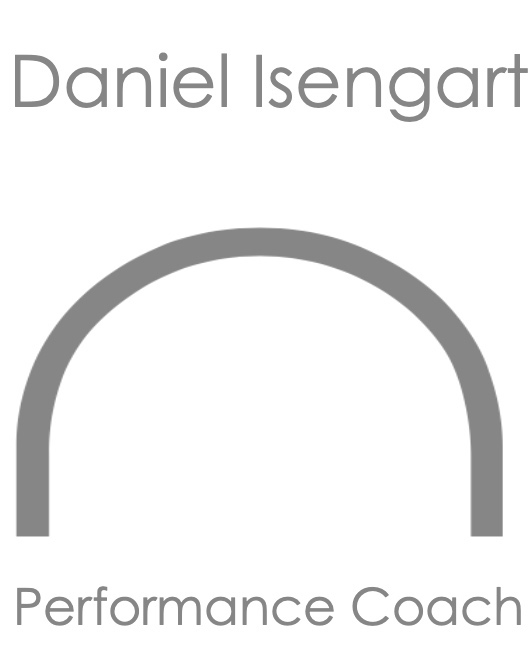It took me a while to settle into this production that takes its cues, for the most part, from the aesthetic of Weimar Era silent horror movies, with some 60’s pop art thrown in. It did not help that I was seated way up in the fourth ring for the first act – I felt like I was sitting in a movie theater, not in a theater presenting an opera production. For the second act, I found an empty seat in the orchestra, which helped.
For me, Die Zauberflöte, with its somewhat forced and rushed Schikaneder libretto, is one of those operas defined by the mantra, prima la musica, doppo le parole. These days, it is often reviled by politically correct, virtue-flag-waving agents without imagination or respect for historical context. I simply adore it, and the music was the defining soundtrack of my childhood. To this day, the overture alone brings tears to my eyes. This production however startled me with its disregard towards both music and lyrics in favor of a third element: the visual, doing everything possible to allow it to overpower everything else. This is more than an obvious problem as it has a rippling effect: one could feel in the audience how the accumulation of imaginative visual effects created an expectation level for the next visual gimmick, preventing the audience from following the emotional path created by the music that makes up for any shortcomings of the libretto. Here, the music was treated as Begleitmusik, just like in the old silent movie theaters. Well, Mozart deserves better.
I did however like the solution the artistic team decided upon for the spoken dialogues of the libretto, which were acted out in silent mime, with expressionist-style, large, projected titles, underscored with great poignancy by snippets of Mozart’s piano sonatas, including the devastatingly beautiful Fantasia in C-Minor. This allowed the production to breathe, which was a blessing, considering that the visuals were often quite frantic. There were overall some charming moments, but also some grave missteps, including the scene with the Sprecher, musically one of the best scenes, in which the Sprecher was presented by a projection of a robotic head and an amplified voice. It may have worked aesthetically and conceptually, but it neglected the deeply intimate humanity inherent in the scene.
It’s always the same problem with directors who fall in love with an idea that ends up competing with the actual piece instead of highlighting its essence. The singers, reduced to paper-cut figures, handled the particular challenges well and were vocally, for the most part, adequate. Rodion Pogossow as Papageno stood out with great physical comedy. He truly seemed to come right out of the vaudeville tradition, which had so heavily influenced silent movies.
